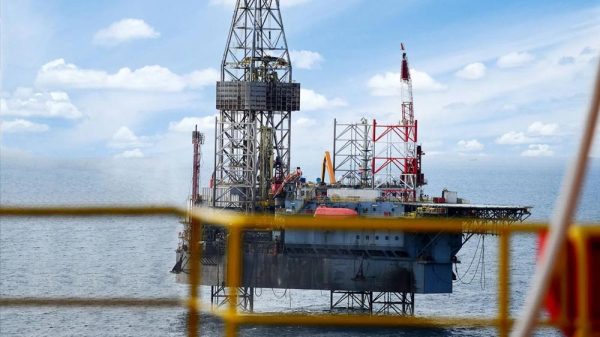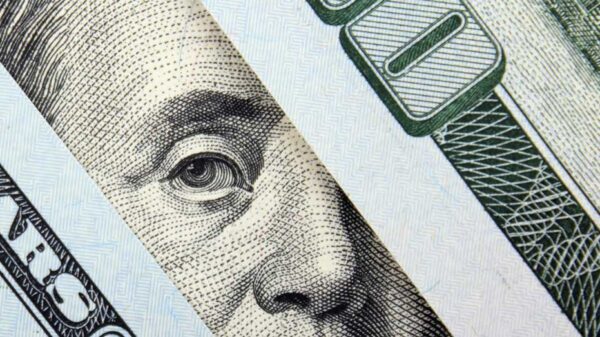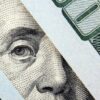In an era of increasing wealth creation and economic growth, the barriers to entry into the prestigious 1% club are becoming higher than ever before. Recent reports from Knight Frank’s wealth report shed light on the minimum wealth requirements to qualify as one of the wealthiest individuals in various countries. As economies flourish and equity markets rebound, the global consultancy reveals the escalating thresholds that separate the ultra-rich from the rest. Let’s explore the findings and understand the changing dynamics of wealth distribution.
Monaco: The Pinnacle of Wealth
Monaco, renowned for having the world’s highest density of millionaires, boasts the highest entry point into the 1% club. To join this exclusive group, individuals must accumulate a staggering $12.9 million, representing a 4% increase from the previous year. The principality’s allure as a tax haven and luxury lifestyle destination continues to attract the wealthy elite.
Luxembourg and Switzerland: Following Closely
Luxembourg and Switzerland secure the second and third positions in the global rankings, respectively. With an entry requirement of $10.8 million, Luxembourg beckons affluent individuals seeking financial prosperity. Switzerland, known for its financial stability and privacy, demands $8.5 million to gain entry into the 1% club.
United States: A Rising Benchmark
Amid the robust performance of the U.S. economy and a rebound in equity markets, the United States stands fourth on the list. Aspiring members of the 1% club in the U.S. need to accumulate at least $5.8 million, marking a 15% increase from the previous year. The American dream continues to attract individuals in pursuit of prosperity and success.
Singapore: Asia’s Wealth Hub
Singapore emerges as the leading city-state in the Asia-Pacific region, requiring individuals to amass $5.2 million to enter the 1% club. Alongside Hong Kong, Singapore has become a magnet for Asia’s burgeoning wealthy population. These financial hubs offer tax incentives and business-friendly regulations, attracting over 1,100 family offices managing a combined $4 trillion in assets.
The Elusive UHNWI Status
While the 1% club may appear exclusive, it pales in comparison to the Ultra High Networth Individuals (UHNWIs). The global average entry point for UHNWIs stands at a staggering $30 million, according to Knight Frank. This highlights the substantial disparity in wealth distribution worldwide and emphasizes the challenges faced by governments in balancing wealth taxation and economic growth.
Wealth Distribution and Policy Focus
The findings underscore the glaring wealth divide between countries, prompting governments to pay closer attention to wealth distribution. As Western nations grapple with government deficits and the need to raise tax revenue, there will likely be increased policy focus on wealth location. Striking a delicate balance between taxing wealth and fostering economic growth becomes crucial for sustained prosperity.
Wealth Inequality and Its Consequences
Beyond the realm of statistics lies the sobering reality of wealth inequality. While the world’s five richest individuals have seen their fortunes more than double since 2020, approximately five billion people have experienced a decline in their wealth, according to a report by Oxfam America. The root causes of this inequality extend to factors such as resistance from corporations towards minimum wage increases and unionization.











